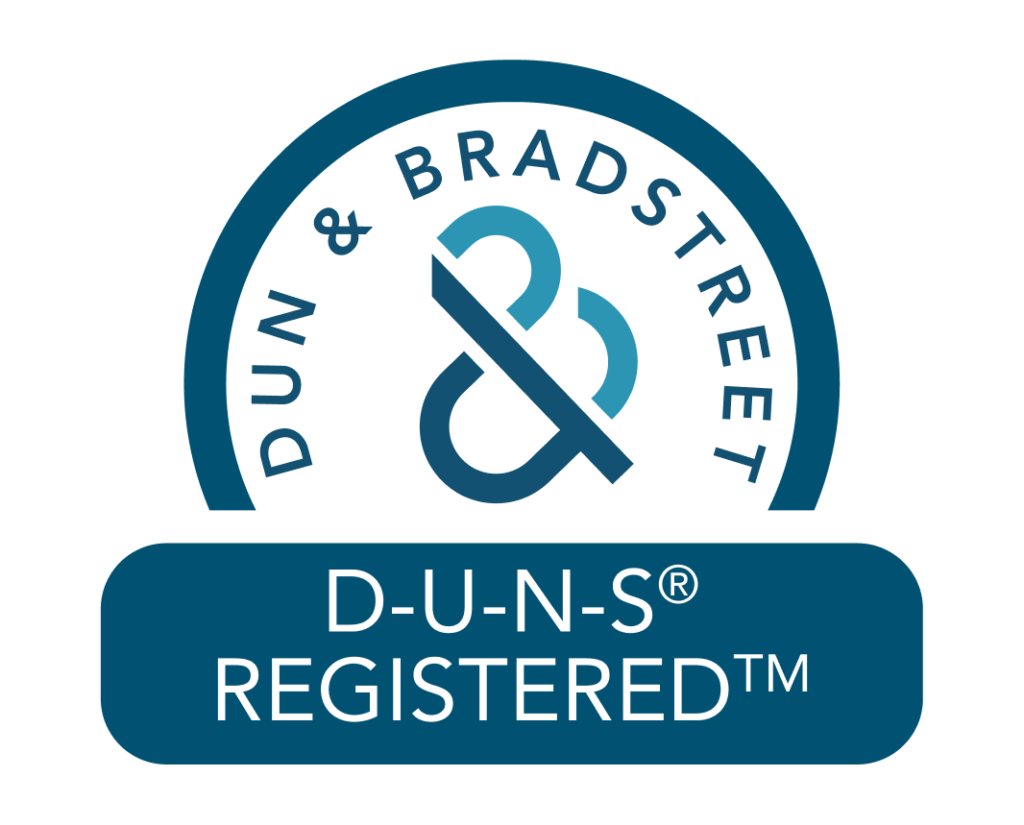In the dynamic landscape of healthcare, field-based educators play a pivotal role in bridging the gap between healthcare providers and patients, ensuring effective communication, education, and support. These dedicated professionals specialize in various fields, including diabetes education, device education, and more, offering personalized face-to-face education and counselling sessions at doctors’ clinics. Working in close collaboration with healthcare providers and pharmaceutical companies, field-based educators are instrumental in ensuring that patients receive comprehensive guidance and support, leading to improved health outcomes and enhanced patient experiences.
Personalized Education and Counselling
Field-based educators provide personalized education and counselling tailored to the specific needs of patients. By conducting one-on-one sessions at doctors’ clinics, they address patients’ concerns, clarify doubts, and provide practical guidance on disease management, medication adherence, and lifestyle modifications. This personalized approach fosters a deeper understanding of healthcare issues and empowers patients to take control of their health.
Support for Healthcare Providers
Field-based educators support healthcare providers by serving as an extension of their care team. They collaborate with doctors and nurses to reinforce treatment plans, educate patients about new therapies or devices, and provide updates on the latest medical advancements. This collaborative approach enhances the effectiveness of healthcare delivery and ensures that patients receive consistent and comprehensive care.
Patient Empowerment and Engagement
Through their educational initiatives, field-based educators empower patients to actively participate in their care. By promoting self-management skills and encouraging proactive health behaviours, they help patients make informed decisions about their health, leading to improved adherence to treatment plans and better health outcomes. This patient-centred approach enhances patient engagement and fosters a sense of empowerment and autonomy.
Disease Awareness and Prevention
Field-based educators play a crucial role in raising awareness about various diseases and promoting preventive measures within communities. By conducting educational sessions at community events, schools, and workplaces, they educate the public about the importance of early detection, healthy lifestyle choices, and disease prevention strategies. This proactive approach contributes to the overall health and well-being of communities.
Conclusion
Field-based educators are invaluable assets in the healthcare ecosystem, serving as educators, advocates, and supporters for both patients and healthcare providers. Their personalized approach, collaborative efforts, and focus on patient empowerment make them essential contributors to improved healthcare outcomes and enhanced patient experiences. As healthcare continues to evolve, the role of field-based educators will remain integral in bridging the gap in healthcare education and promoting holistic patient care.


